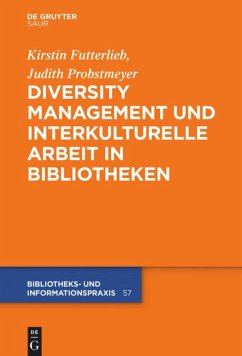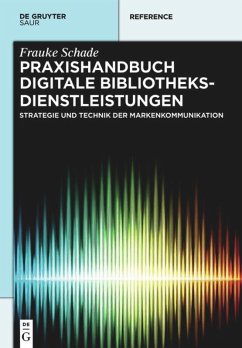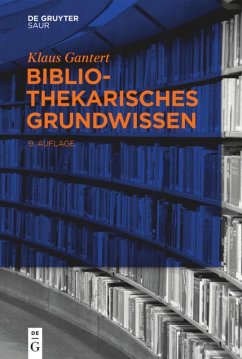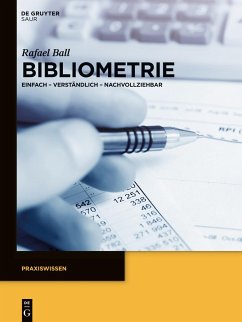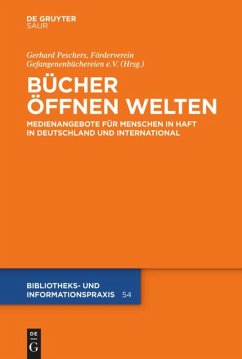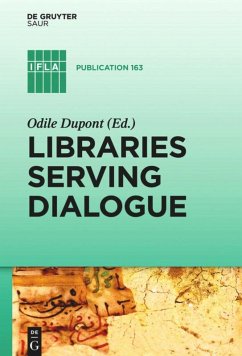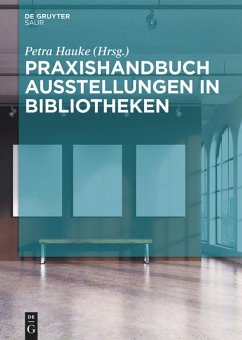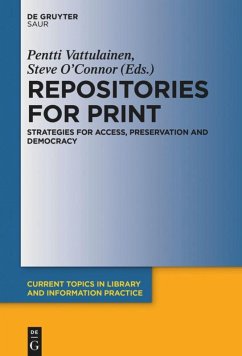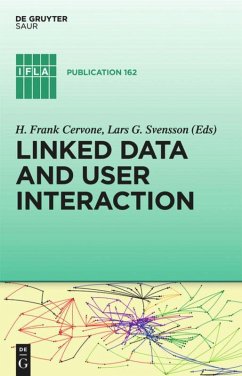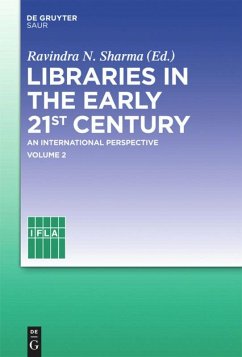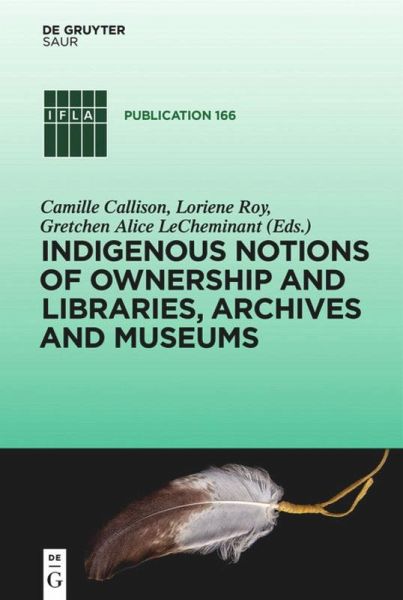
Indigenous Notions of Ownership and Libraries, Archives and Museums
Versandkostenfrei!
Versandfertig in 6-10 Tagen
99,95 €
inkl. MwSt.

PAYBACK Punkte
0 °P sammeln!
Contributions from experts in the field of indigenous knowledge protection convey its dynamic character. Indigenous knowledge is sustained and transformed to produce "new" knowledge in new media, including modern forms of music, theatre and dance, film, poetry, etc. in libraries and archives. These collections deserve respect, understanding and protection.
Tangible and intangible forms of indigenous knowledges and cultural expressions are often found in libraries, archives or museums. Often the "legal" copyright is not held by the indigenous people's group from which the knowledge or cultural expression originates. Indigenous peoples regard unauthorized use of their cultural expressions as theft and believe that the true expression of that knowledge can only be sustained, transformed, and remain dynamic in its proper cultural context. Readers will begin to understand how to respect and preserve these ways of knowing while appreciating the cultural memory institutions' attempts to transfer the knowledges to the next generation.





